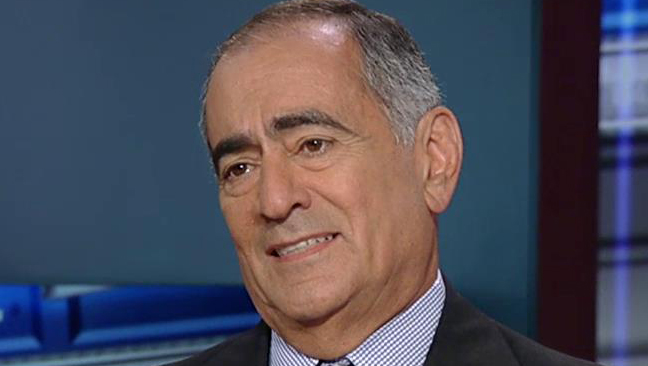John Mack: Banking Industry’s Bad Rap Overdone
The Banking industry seems to get a bad rap these days, and bankers are still targets seven or eight years after the financial crisis.
“I'm not surprised at all,” John Mack, former CEO of Morgan Stanley said.
At a hearing down in Washington with Lloyd Blankfein and others, Mack said, “Lloyd, it took the end of the Korean War before bankers were respected again going back to the Depression. So the depression happened in the '30s. You had the Korean War in the '50s. And it really wasn't until the '60s I think that focus on the banks somewhat eased. It is eased greatly."
Mack stated that even though equity prices in the financial sector are up dramatically, “think about the pensioner or saver who has money invested in these companies.”
Mack noted: “When you fine these companies that type of money, and you continue to do it, you are taking it out of the shareholders hands. Even though stocks have done really well in the last two or three years in the financial service sector, where would these stocks being trading if all of these fines had been moderated in some way or at least finally ended. If I was a pensioner I’d want to know maybe my dividend doesn’t go up because of all of these fines.”
So, in some circles, there still exists that stigma of being in the business, but Mack says he was never ashamed to be in the business. “Did we make mistakes, absolutely we made mistakes, but I was never ashamed that what I was doing was wrong or illegal- we were trying to do the best thing.”
Mack continues: “And if you think about -- let's just go back and look at the technology sector and see how it's growing. And go back 25, 30 years ago when Netscape did one of the first deals. Look at what we helped finance to get that industry up and running. So I don't think the bankers at large have anything to be ashamed of. Do we make mistakes and do things we shouldn't have done? Without question.
Regarding the next President of the United States, Mack believes “we need a president who's going to be involved on a global basis, not just focused on Wall Street or the United States. Geopolitical risk is our biggest risk.”




















